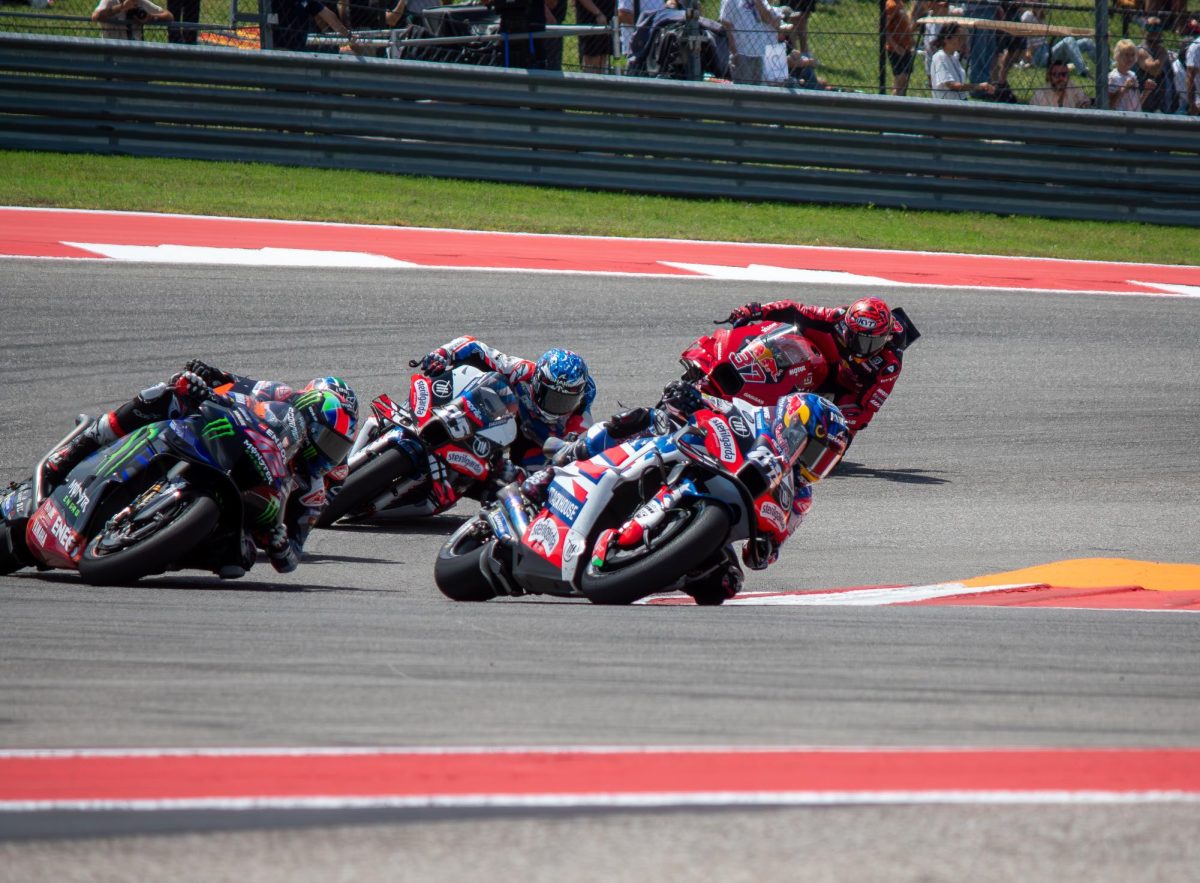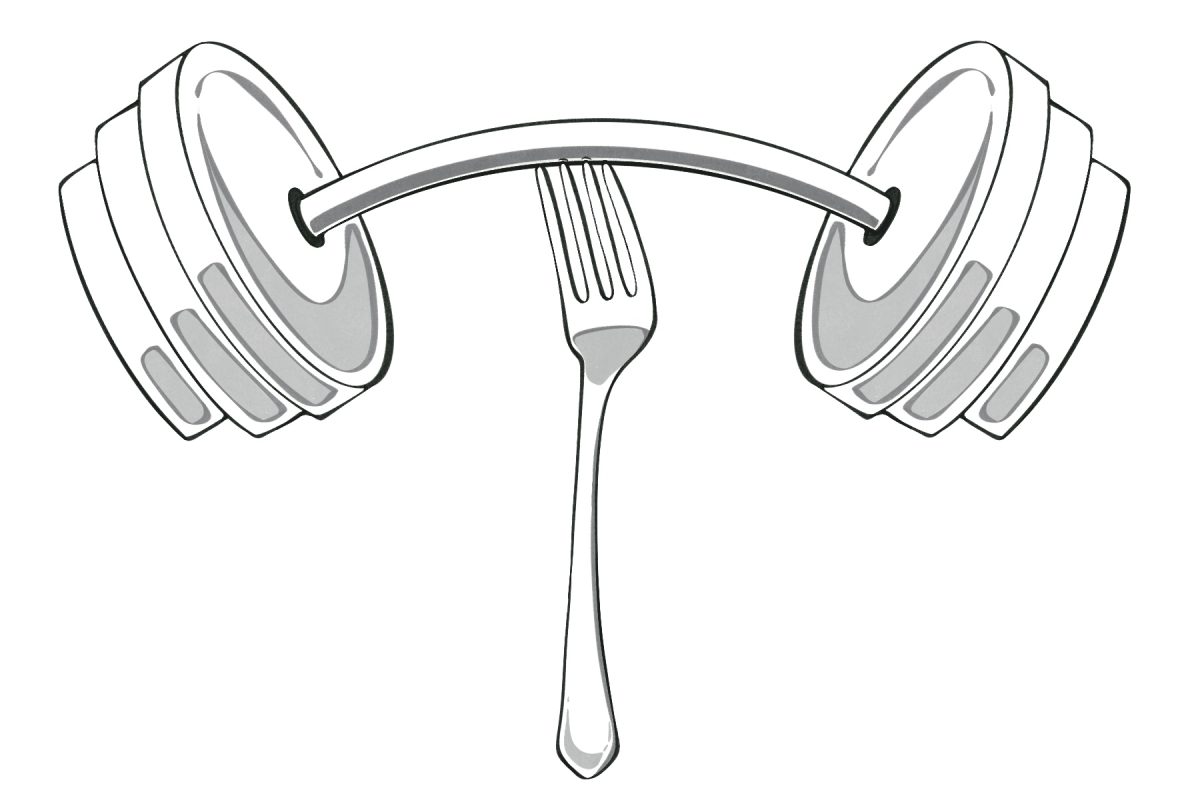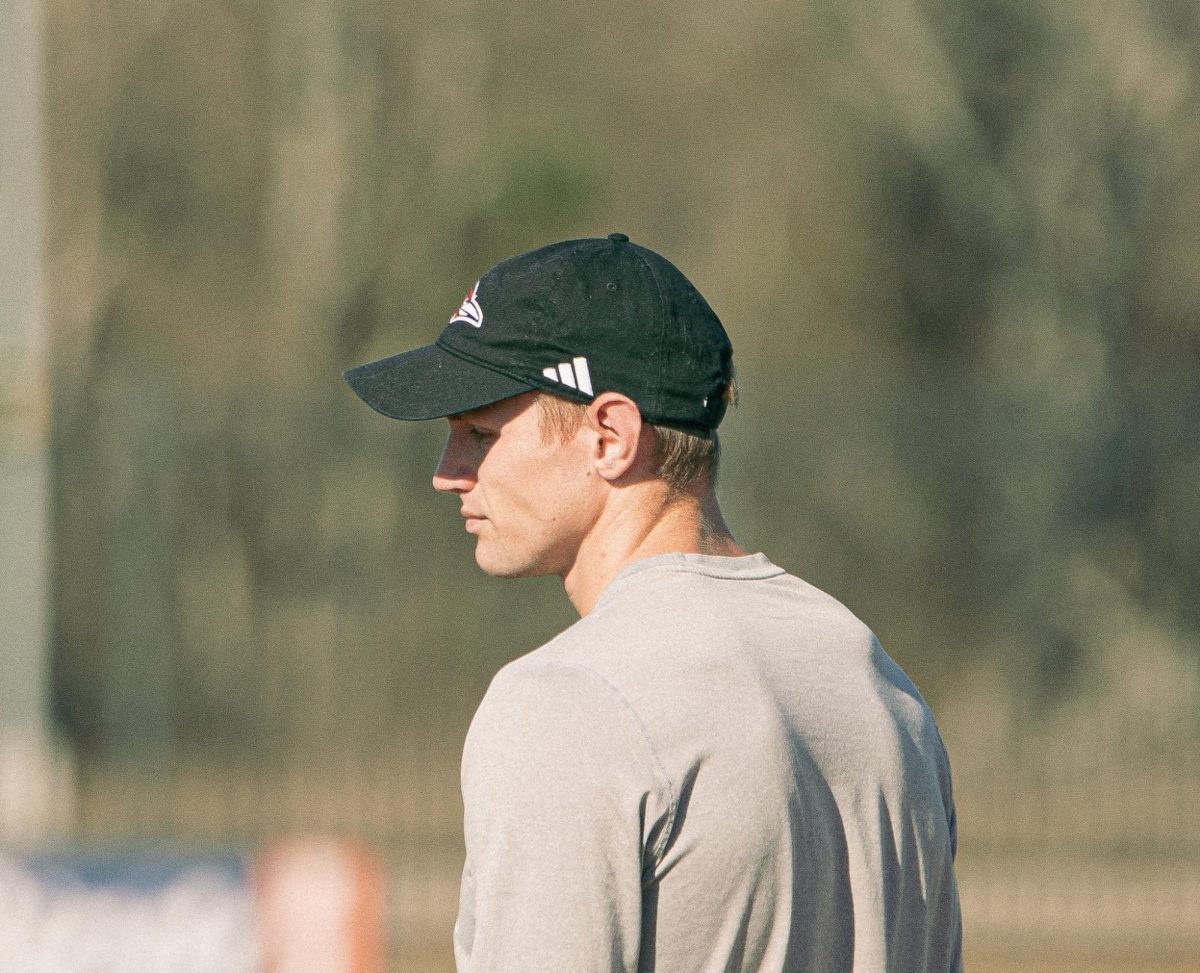When it comes to UTSA’s journey with its sports medicine program, it is an “ongoing story,” according to Associate Athletic Director for Sports Medicine Rhodie Moss.
When Moss started working for the university he said, “We didn’t have much resources. We were working out of the Convocation Center. We didn’t even have football at the time. Seeing how we’ve gone from the Convo, to a trailer, to this beautiful RACE facility, that story is still being written.”
Over centuries, advancements have been made for the safety of athletes; however, injuries are still a common occurrence. Sports medicine specializes in the prevention and rehabilitation of injuries for athletes.
“There’s a lot of preparation in what we do,” Moss said. “If you watch a football game and you see all the sideline things that are set up, those are set up manually. There’s a lot of things that we do from a preventative standpoint. It’s countless hours of preparation.”
UTSA’s sports medicine is a team that consists of physicians, orthopedic surgeons, neurosurgeons, student trainers and other health consultants who specialize in different fields to help college athletes. Contingent to what game schedules look like, the team creates a baseline to see how much time they have to work with. Regardless of what sport they’re assigned to, there’s hours that go into the job.
“We’re there at every practice, every game, we can watch what they do and that gives us first-hand insight into what they’re going to need to do in order to be successful. We cater our rehab to that. That’s what makes us a little bit different than say, a physical therapist or someone who works in a clinic. They might be trying to get somebody ready to be back into activities of daily living versus I have to be ready to play in a collegiate game,” Moss said.
The trainers also receive feedback from athletes, considering what they want is important. “No athlete is the same,” Moss said. “It’s customized to the athlete.”
The schedule for UTSA sports medicine is always changing, but there is always a baseline. The team anticipates players’ needs and are able to move around the schedules to accommodate them. If a player, for example, wants to participate in practice, conditioning and team meetings, they are able to schedule their rehab around it.
“It is a very demanding profession in terms of the hours. You have to have a passion for it,” Moss said. “Based on the timeline of healing, an injury will determine how long we’re going to work with the athlete. For example, you’re playing on a Thursday night. If someone sprains their ankle that night, they might have another game on Saturday. We have that timeline to assess and see what strength looks like and rule any major red flags to get them to an ability to participate again.”
UTSA has one of the largest teams in the American Athletic Conference and partners with UT Health to access resources for both the athletes and staff. Being a part of sports medicine can come with its hardships, but the staff takes care of each other.
“We don’t want each other to have to miss significant events,” Moss said. “Our staff is a family within a family. We do social events outside of here, and we bring that family vibe into the training room. Our medical team is here to cover all of our student athlete body of between 400-450 student athletes, and we work as a team in doing that.”
Sports medicine is a service job, and Moss said that they have to be resilient and learn how to balance. Finding the balance to take care of themselves and others while being healthy helps the team make an impact that ultimately makes a difference in the lives of athletes.
“So many athletic trainers shoulder the healthcare of their student athletes,” Moss said. “They take on so many challenges and they’re constantly trying to provide the best care. They’re always taking care of other people and they forget to take care of themselves sometimes. It’s hard for you to take care of others if you’re not taking care of yourself.”
In the ever-changing world of sports, sports medicine professionals like Moss and his team are indispensable. Through resilience, balance and focus, trainers are able to make sure that athletes are more than gameday ready.










